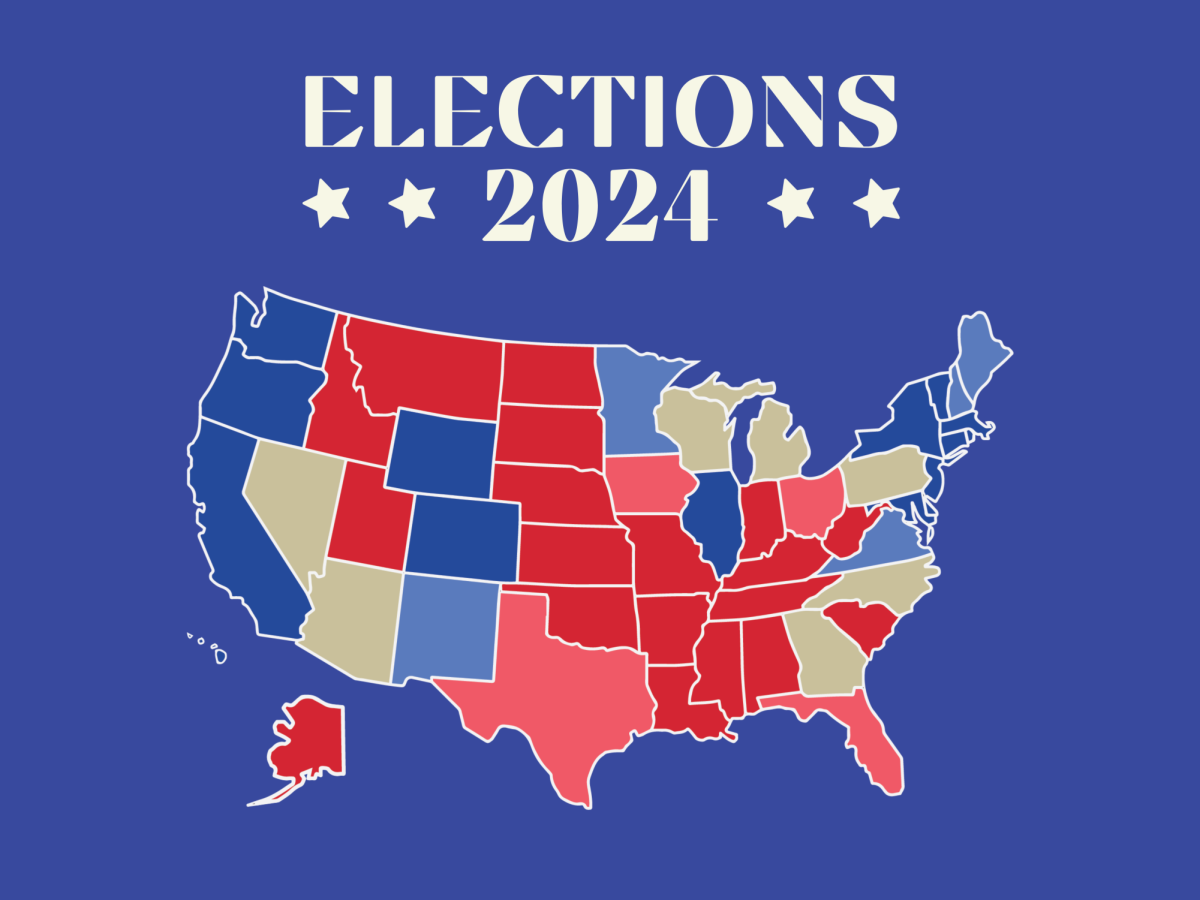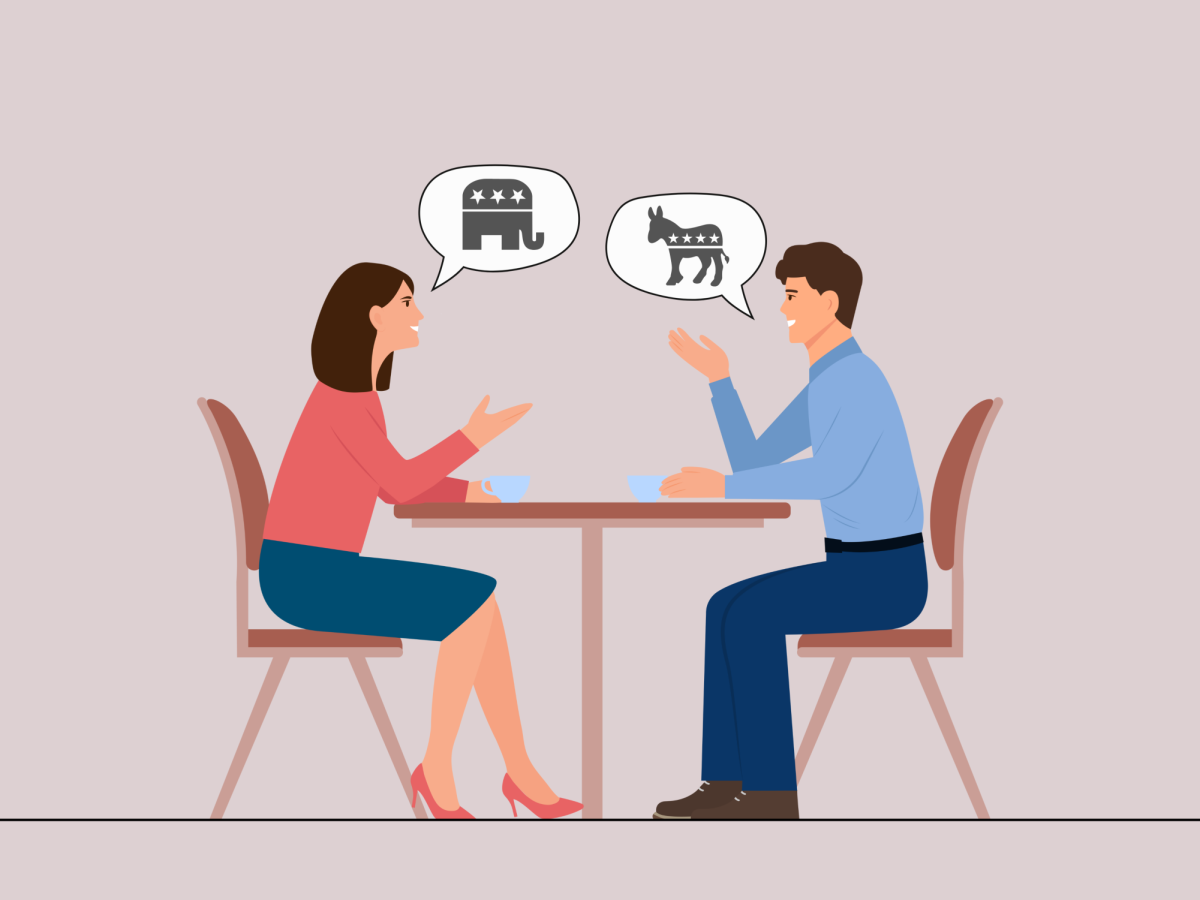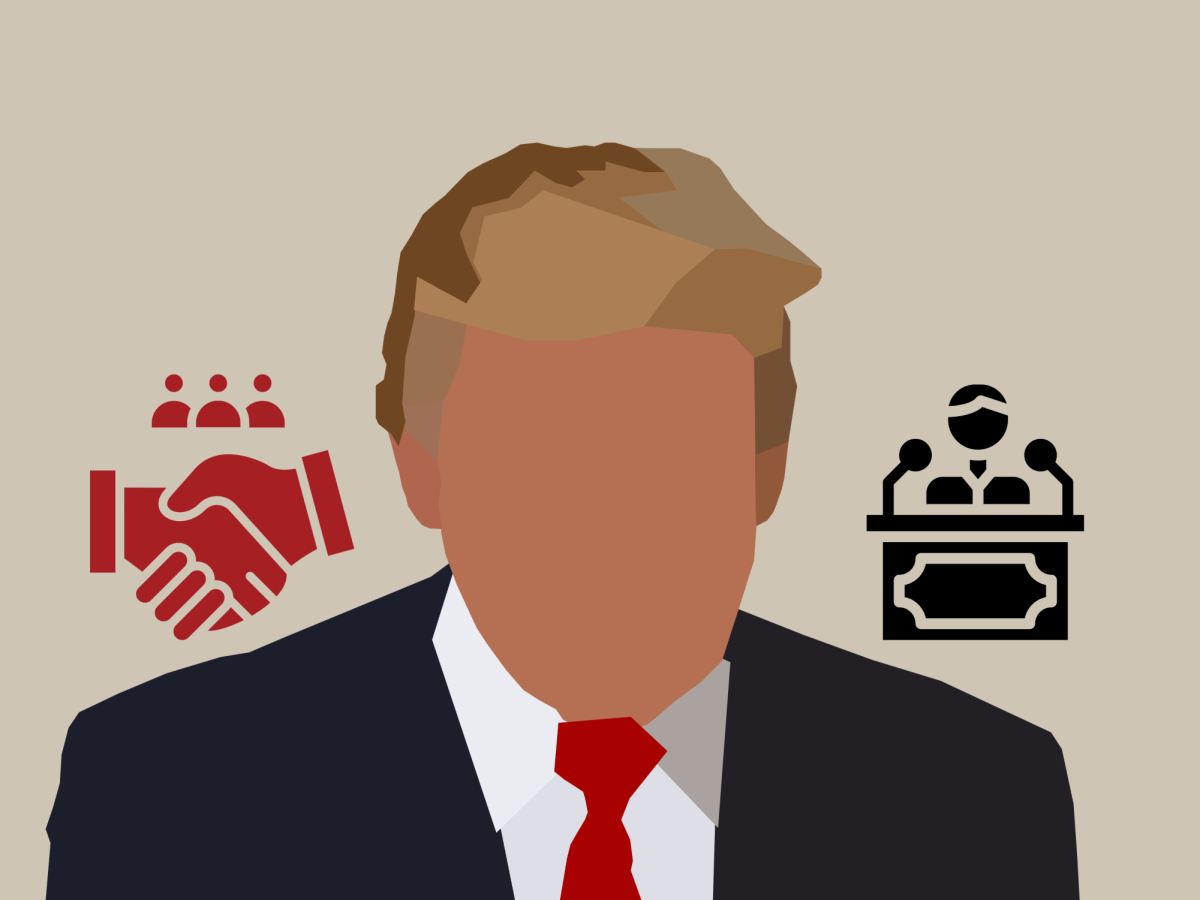What is the Electoral College?
The Electoral College is the process by which the president and vice president of the United States are elected. There are 538 electors who make up the “college” of electors who represent the 50 states and Washington, D.C.
How does it work?
Once each voter’s ballot is received on election night in November, a statewide tally determines which candidate won the popular vote for the state. All the state’s electoral votes will then be awarded to the winning candidate, except in Maine and Nebraska, where electoral votes are allocated per congressional district.
“Basically, the Electoral College means that the presidential contest is multiple races to win individual constituencies in order to secure Electoral College votes,” wrote Lisa Baglione, Ph.D., professor of political science, in response to written questions from The Hawk. “Most of those districts are states, but a very few are Congressional districts.”
A majority, or 270 electoral votes, is needed to win the presidency.
Who are the electors?
There are 538 electors. Including three electors from Washington, D.C., each state has as many electors as they do seats in Congress. U.S. territories do not get electoral votes.
Article II of the U.S. Constitution says that “no Senator or Representative, or Person holding an Office of Trust or Profit under the United States, shall be appointed an Elector.”
Instead, each political party selects a slate of possible electors from state elected officials or party members. During the general election, voters select their state’s electors by casting their vote for a presidential candidate.
What are some objections to the Electoral College?
The main objection to the Electoral College system is that, in most states, a candidate wins all of the electoral votes if they win the popular vote, even if they win by just one vote. However, the number of electoral votes is based on the state’s representation in Congress, not the state’s population.
Laura Bucci, Ph.D., associate professor of political science, said this can lead to the underrepresentation of more populous states.
“LA county, just a part of [California], has more people in it than five U.S. states,” Bucci wrote in response to written questions from The Hawk. “Very populous states are underrepresented in the [Electoral College] and sparse states are overrepresented. This is the same sort of bias in the House of Representatives.”
Some states, referred to as swing states or battleground states, swing back and forth between Democratic and Republican candidates. As a result, presidential campaigns will focus heavily on swing states, where either candidate could potentially win, while other states are ignored. According to the Purdue Policy Research Institute, “94% of 2016 campaign events occurred in just 12 states, while two-thirds of the events took place in just six states.”
Can the Electoral College process be altered?
Sixty-five percent of Americans are in favor of abolishing the current Electoral College system in favor of an election by popular vote, where the candidate who wins the most votes wins the election, according to a 2023 survey from the Pew Research Center.
In order to change the election process, a constitutional amendment would be required, as the Electoral College was established in Article II of the Constitution.
Can a presidential candidate lose the popular vote but win the election?
There have been five presidential candidates in United States history who did not win the popular vote but were still elected president by electoral vote. In 2016, Hillary Clinton won the popular vote by almost three million votes, but Donald Trump won the election with 57% of the electoral votes. George W. Bush in 2000, Benjamin Harrison in 1888, Rutherford B. Hayes in 1876 and John Quincy Adams in 1824 all lost the popular vote but were elected president.
Why is it still important to vote?
The results of the general election determine which party’s electors are appointed for each state. Even so, some voters express concerns that their vote is unimportant.
Brian Peters ’27, a political science and history major, said this mentality can contribute to fewer young people voting in states where it matters the most, such as Pennsylvania.
“When it comes to Pennsylvania, it is extremely important that you vote, because it’s going to be extremely close, especially this election. So, really, if you can vote and you can register, register in this state,” Peters said. “Your vote is worth its weight in gold at the moment.”












































